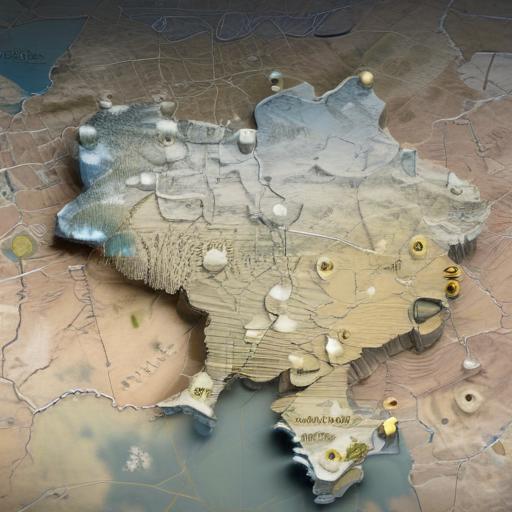Russian President Vladimir Putin recently asserted in a speech at the St. Petersburg International Economic Forum that “all of Ukraine” belongs to Russia, continuing a narrative that has been used to justify Moscow’s aggression towards its neighbor. This claim builds upon a longstanding assertion from Russian authorities that Russians and Ukrainians are fundamentally the same people, a narrative that Putin has integrated into his rhetoric since as far back as July 2021.
In response to Putin’s provocative statements, Ukrainian Foreign Minister Andrii Sybiha expressed strong condemnation, viewing Russia’s ambitions as a blatant disregard for international peace efforts led by the United States. Sybiha described Putin as “the top war criminal,” highlighting the ongoing fatalities and devastation brought about by the invasion. He emphasized the heavy toll of the conflict on the Russian military itself, stating that approximately one million Russian soldiers have been lost without any strategic benefits, further characterizing Putin’s leadership as a catastrophe that affects both Ukraine and Russia.
Putin’s comments also hinted at Russia’s intention to broaden its territorial claims, referencing a so-called “security buffer zone” along the Ukrainian border. While he noted that there had not been an official directive to seize the regional center of Sumy, he did not dismiss the prospect entirely. In recent weeks, Russian troops have intensified their ground attacks in northeast Ukraine, suggesting a potential escalation in military operations.
Sybiha urged Western nations to enhance military support for Ukraine, impose stricter sanctions, and designate Russia as a terrorist state, stressing the need for a unified response to counter Moscow’s aggressive strategies. He criticized Putin’s statements as distractions from the failures of his lengthy rule, calling for global solidarity against the invasion.
Historically, this situation mirrors Russia’s tactics in previous engagements across different regions, where aggressive rhetoric is often matched by military maneuvers. Just as in earlier conflicts, the international community is faced with the challenge of navigating complex diplomatic efforts while responding decisively to acts of aggression.
Recent developments indicate ongoing instability in the region, but there remains hope that unity among Western allies and the resilience of Ukrainian forces could lead to a favorable outcome. As the conflict continues, the potential for negotiation remains crucial, underscoring the importance of diplomatic solutions alongside military strategies.
